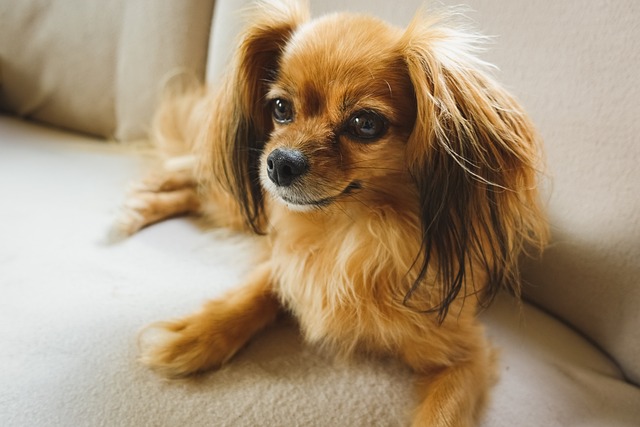
How do i train my dog to be obedient?
Watching your dog dart across the park ignoring your calls isn’t just frustrating—it can put them at risk near busy streets or public spaces.
Picture this: You reach to take Cooper’s chew toy, and your sweet Labrador suddenly freezes, lips curled in a snarl. That gut-punch moment when your dog shows aggression toward you feels uniquely heartbreaking. But take a deep breath – this behavior often stems from fear or confusion, not hatred, and with patience and science-backed methods, you can rebuild trust. The journey starts by ruling out medical causes (pain-induced aggression is common!) and understanding triggers (resource guarding? handling sensitivity?), then committing to a structured owner-directed aggression solution.
Biologically, aggression toward owners typically signals a breakdown in trust or communication. Punishing a growl ("No!") or using force may suppress the warning but amplifies fear and teaches Cooper that hands predict bad things. Modern behavior science shows that trust-building exercises rewire this association. As certified behavior consultant Dr. Amy Pike notes, "The dog isn’t being ’dominant’ – he’s terrified the resource he values will disappear." Force-free methods focus on making you the source of safety through predictable interactions and choice-based learning.
So, where to begin? Safety is non-negotiable. If Cooper guards food, feed him in a separate room temporarily. For handling sensitivity, avoid triggering actions (like reaching over his head) until retraining progresses. Start counter-conditioning: Toss high-value treats (roasted chicken!) near his bowl while you walk by, teaching him your approach predicts rewards – never take items directly yet. Practice "trade-up" games: Offer a tastier treat when asking him to drop a low-value item, building positive associations with your requests. Teach cooperative care: Rub his shoulder with one hand while feeding treats with the other, gradually increasing handling intensity. Crucially, work with a veterinary behaviorist (Dip ACVB) – they’ll identify subtle triggers like stiff shoulders or whale eye you might miss and tailor desensitization protocols.

This process intersects deeply with cultural norms and legal realities. Yanking collars or alpha rolls isn’t just ineffective; in regions like Germany or Quebec, force-based training violates animal welfare laws. Positive reinforcement aligns with Western values emphasizing consent and canine emotional welfare. Legally, ensure Cooper’s rabies vaccine is current (fines up to $1,000 in Massachusetts for lapses), and always carry waste bags – neglecting cleanup in Chicago’s Lincoln Park risks $500 tickets. Apartment dwellers: Owner-directed growling during vet visits or grooming can escalate quickly in thin-walled buildings. Pre-train handling exercises and use white noise during stressful events. Community etiquette means proactively managing space – if Cooper lunges on-leash near others, walk during quieter hours in Portland’s Forest Park while training.
Progress requires reframing expectations. Celebrate tiny wins: Cooper taking a treat calmly near his bowl, or voluntarily dropping a toy. Setbacks happen – if he growls during nail trims, return to earlier desensitization steps. Medication (vet-prescribed) isn’t failure; it can reduce anxiety enough for training to succeed. With consistent trust-building exercises, expert guidance, and respecting Cooper’s boundaries, that tense moment over a toy can transform into cooperative play. It’s not about dominance; it’s about becoming his safe harbor, one positive interaction at a time.

Watching your dog dart across the park ignoring your calls isn’t just frustrating—it can put them at risk near busy streets or public spaces.

New puppy owners often find themselves rushing to clean up accidents before they set in, and that’s where puppy pad training becomes a game-changer.

If you've noticed your dog's waistline disappearing and your veterinarian has mentioned those few extra pounds, your first instinct might be to simply reduce the amount of food in their bowl.

Training a dog to use a designated spot indoors isn’t as daunting as many new owners fear, but it does take consistency and an understanding of your pet’s needs.

That moment of dread on a walk is all too familiar for many new dog owners. You see another dog approaching down the sidewalk of your neighborhood

If the sight of another dog on your neighborhood walk makes your heart sink as your own dog erupts into a frenzy of barking and lunging, you're not alone.